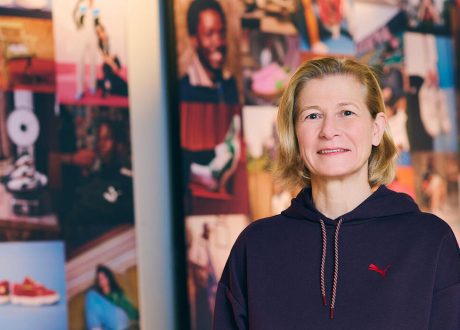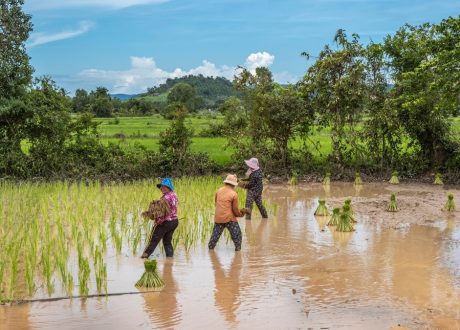
PUMA cut greenhouse gas emissions by 24% in 2023
PUMA has already made strong progress in reducing its greenhouse gas emission over the past ...

Experts called on governments around the world to repurpose more than $500 billion – which is spent every year to support industries – to incentivize regenerative agriculture, sustainable food systems, and nature-positive innovations.
The funds are spent in ways that harm biodiversity to support industries like fossil fuels, agriculture, and fisheries, experts said.
Around one million species are facing extinction, according to a report from IPBES, an independent intergovernmental science and policy body supported by the UN.
It may be surprising to learn that even giraffes, parrots, and oak trees are included in the list of threatened species, as well as cacti and seaweed.
The world’s trees are threatened by various sources, including logging, deforestation for industry and agriculture, firewood for heating and cooking, and climate-related threats such as wildfires.
It has been estimated that 31 percent of the world’s 430 types of oak are threatened with extinction, according to the International Union for Conservation of Nature (IUCN) Red List of threatened species. And 41 percent are of “conservation concern”, mainly due to deforestation for agriculture and fuel for cooking.
The current biodiversity crisis will be exacerbated, with catastrophic results for humanity, unless humans interact with nature in a more sustainable way, according to UN experts.
“The IPBES report makes it abundantly clear that wild species are an indispensable source of food, shelter and income for hundreds of millions around the world,” says Susan Gardner, Director of the Ecosystems Division at the United Nations Environment Program (UNEP).
“Sustainable use is when biodiversity and ecosystem functioning are maintained while contributing to human well-being. By continuing to use these resources unsustainably, we are not just risking the loss and damage of these species’ populations; we are affecting our own health and well-being and that of the next generation.
PUMA has already made strong progress in reducing its greenhouse gas emission over the past ...
The United Nations Trade and Development (UNCTAD) urged during the 29th United Nations Climate Change ...
About 140 oil and gas companies have committed to credibly measuring and reducing methane emissions ...


اترك تعليقا